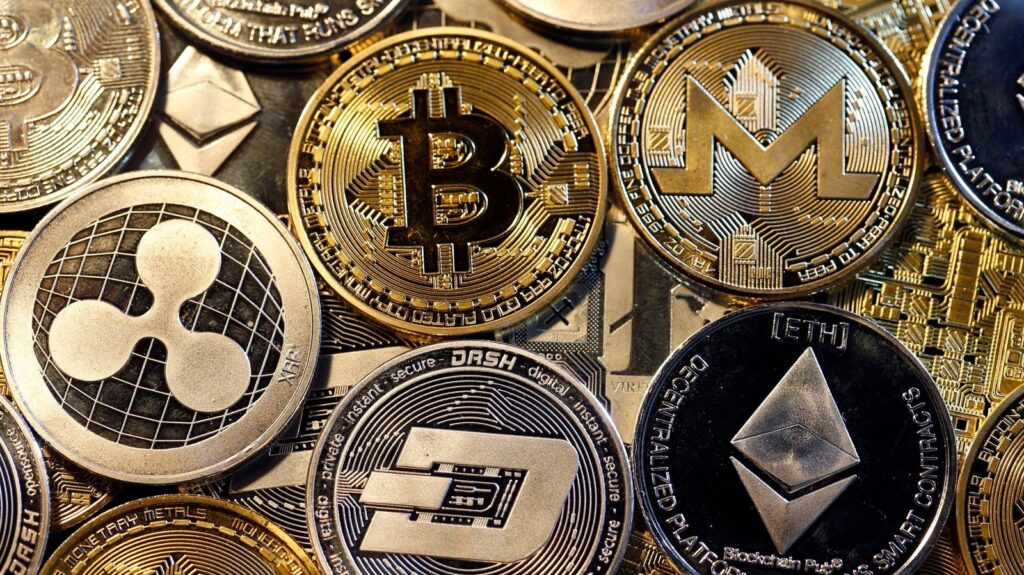A US Bitcoin ETF has arrived. Since its introduction, the price of Bitcoin has steadily increased. In a typical (and therefore not completely rational) market, the price of Bitcoin and other cryptocurrencies not affiliated with the new ETF could also rise, as has probably been the case in the past few years. This price increase across a variety of assets creates tremendous interest in digital currencies. Where possible, retail investors will join brokerages and platforms where they can invest in crypto-related financial products such as new ETFs. When products are not available but regulations are clear, retail investors instead join cryptocurrency platforms to buy, sell, and trade. And in areas where products are not available and regulations are unclear, cryptocurrency trading remains. The lack of financial products available to consumers to diversify into cryptocurrencies does not stop them from investing in cryptocurrencies, but it does prevent them from choosing reliable partners.
It is therefore imperative that all African economies implement clear regulations for cryptocurrencies and digital assets. Clear regulations, even strict ones, give financial institutions, investors and the public the option to diversify into digital assets without putting them at risk of being exploited by illegitimate parties. becomes possible.
There are three benefits to acting now. First, there is clear “approval” from a U.S. government agency that at least one asset class is suitable for retail financial products. For regulators who wanted to ensure that their jurisdictions were not seen as contrary to U.S. policy, they needed a strong case for why and how investments in digital assets could be made in an approved manner. We have a powerful example. This doubly serves as an answer to international development agencies and NGOs that point out that the acceptance of cryptocurrencies is a disqualifying feature for economic initiatives.Cryptocurrency is now a “whitelisted” financial technology With institutional support.
Second, putting the US first in this regard means that African markets will benefit from the data generated by the performance of these ETFs, apply the research invested in the creation and approval of these products, and allow the US This means that it can be used as an example of regulation. It's about developing the approaches and products that are most effective for our people. This significantly reduces the burden and therefore significantly shortens the implementation timeline for cryptocurrency rules.
Third, and most importantly, crypto transactions conducted with unregulated and untrusted partners across Africa will be exposed (and taxable activities). (to come to light). Statistics vary, but Chainalysis reported last year that sub-Saharan Africa received $117.1 billion in on-chain value, meaning that the GDP growth rate that can be captured by legal digital asset regulation is There is only an upper limit.
It is tempting to avoid the debate over crypto regulation and instead explore how retail and professional investors in Africa can access US Bitcoin ETFs through cross-listing on African exchanges. But having worked for over a decade with African businesses that were underserved by Western banks and fintechs, Africans don't need Western solutions. Access to US crypto ETFs solves one problem, but it also moves Africa away from its rightful place as a world leader and expert voice on new financial technologies. The continent that birthed mobile money (which underpinned an entire generation of digital financial exchanges and led to digital currencies themselves) should be the first to hear about digital value exchange.
Large countries like Nigeria and South Africa take crypto regulation very seriously, and certain African markets are ensuring that the continent doesn't survive until the end. Increases in Nigeria's application and registration fees, as well as minimum paid-up capital (as reported by CoinDesk), are in the long-term interest of the market as crypto issuers, exchanges and custodians remain in Nigeria. This is one way to ensure that. Out of more than 355 applications to date, South Africa's Financial Sector Conduct Authority (FSCA) has so far licensed 59 of his crypto businesses. Even if the percentage of approved applications is not significantly higher than this earlier precedent of 16%, this reflects a reliable and lawful approach to compliance for companies involved in digital assets.
Without clear guidelines, consumers are left in the dark and vulnerable to exploitation and misinformation. Establishing strict monitoring is far preferable to no monitoring at all. And if African markets can set an example of informed, rigorous and comprehensive regulation of digital asset companies, we will prove an important point. This means that rather than stifling economic growth, a measured approach can create incredible value while protecting businesses and communities. In that case, there would be no need for US ETFs to be the evidence for digital currency investments in Africa, or the only route for African investors to invest their capital in digital assets. Africans can receive services from African companies that comply with African regulations and develop products for the African market.


